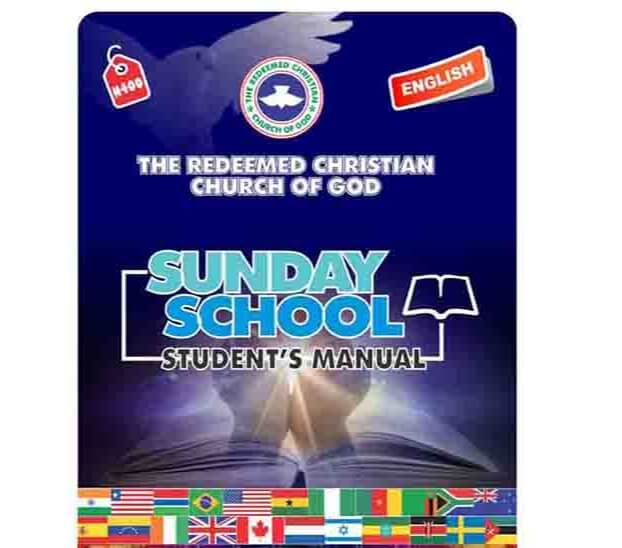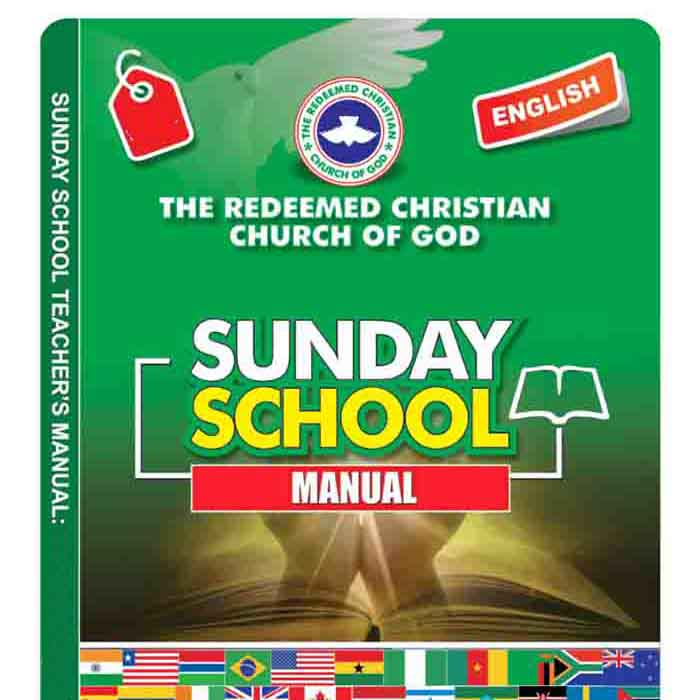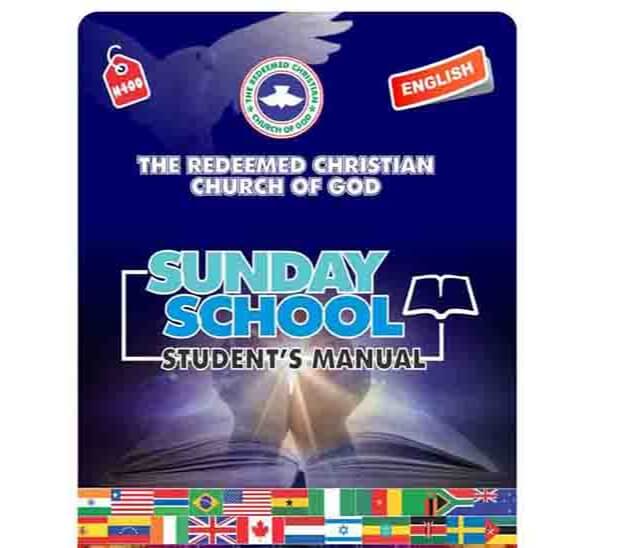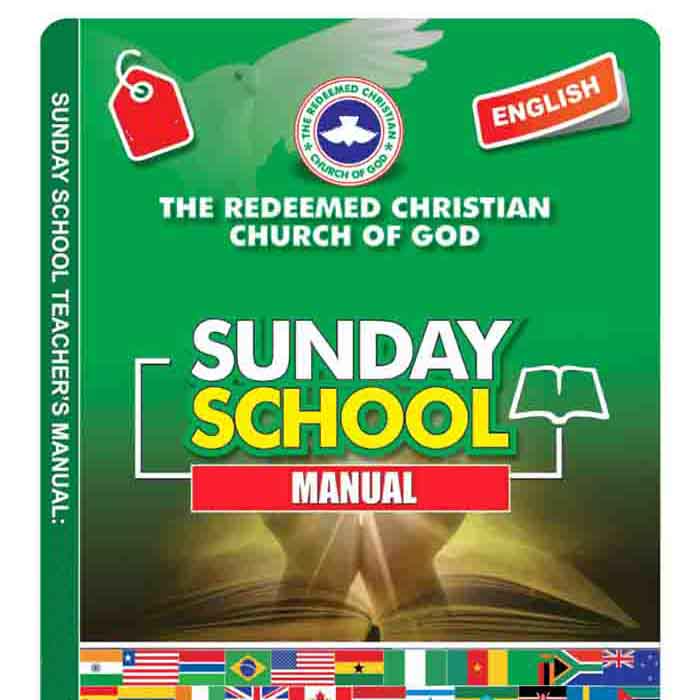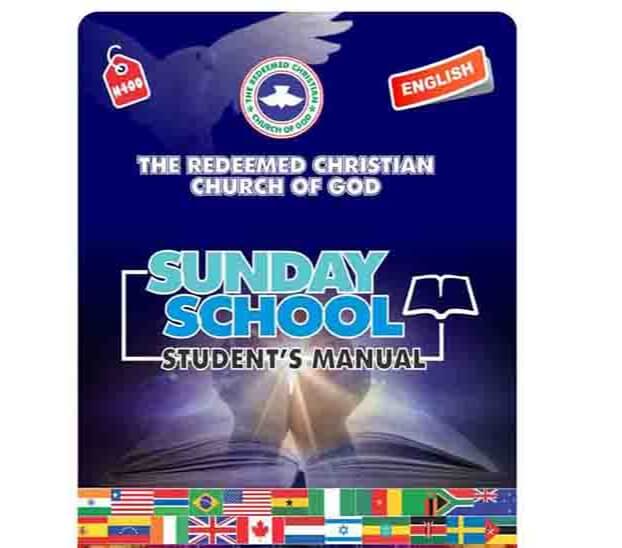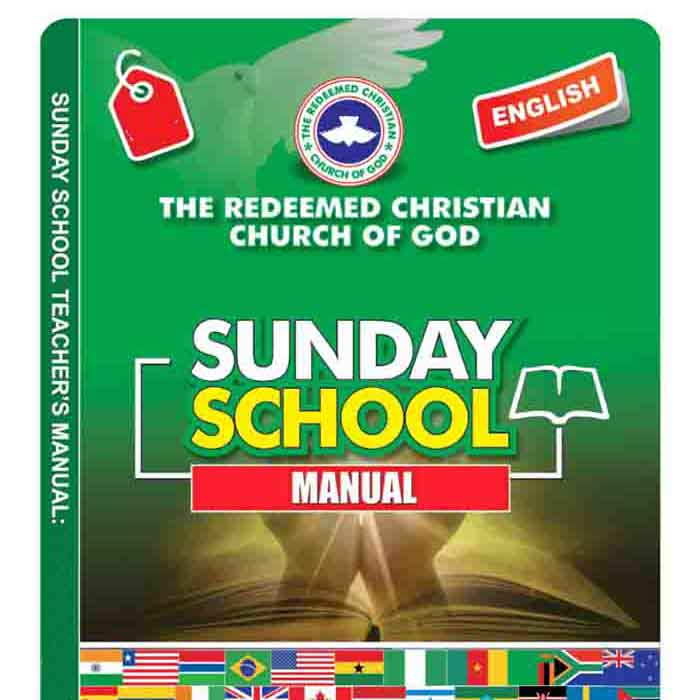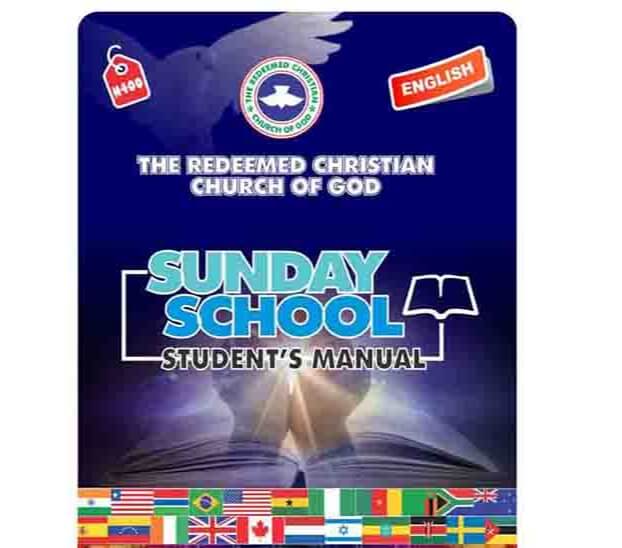This is RCCG Sunday School Teachers manual for the adult class.
Today’s Lesson 20 topic: MANAGING RESOURCES
Date: 18 January 2026
Read:
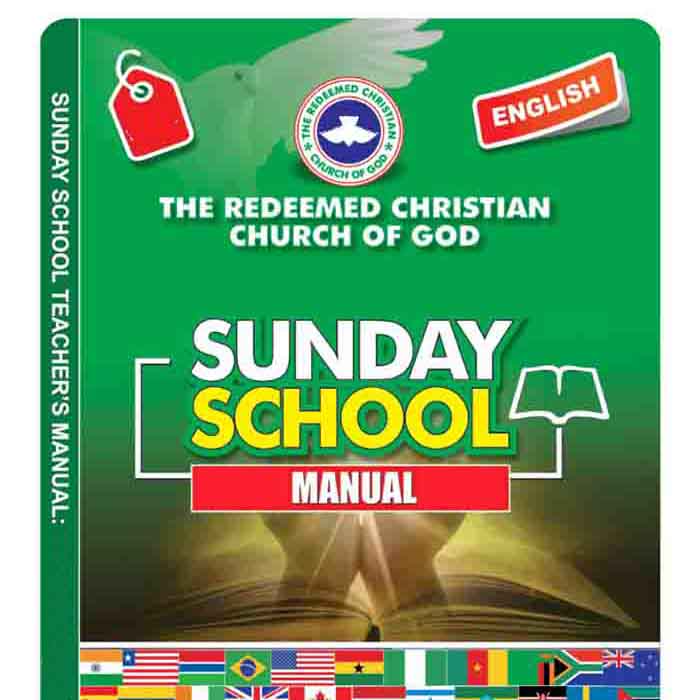
Note: Check RCCG SUNDAY SCHOOL HYMN LYRICS
RCCG SUNDAY SCHOOL TEACHERS MANUAL LESSON 20 (18 JANUARY 2026)
TOPIC: MANAGING RESOURCES
OPENING PRAYER:
Father, help me to be prudent with resources in Jesus’ name.
PREVIOUS KNOWLEDGE:
The teacher should review the lesson for the previous week.
BIBLE READING
BIBLE PASSAGE: Genesis 39:2-4
2 And the Lord was with Joseph, and he was a prosperous man; and he was in the house of his master the Egyptian.
3 And his master saw that the Lord was with him, and that the Lord made all that he did to prosper in his hand.
4 And Joseph found grace in his sight, and he served him: and he made him overseer over his house, and all that he had he put into his hand.
MEMORY VERSE:
“Then he that had received the five talents went and traded with the same, and made them other five talents.” Matthew 25:16.
INTRODUCTION
Resources in general are anything that is useful and adds value to life. This could be air, water, metals, minerals, animals, plants, humans, etc. (Genesis 1:29-30).
God in His mercies has endowed every society with human and natural resources which enable them to produce the goods and services needed for their survival and prosperity (Kings 5:6).
Resources can be grouped into three; capital resources, natural resources and human resources. Our focus in this lesson is on how to effectively manage the resources that surround us.
TEACHER’S DIARY
LESSON AIM:
To build managerial skills in students.
TEACHING OBJECTIVES:
Through this lesson, students should be able to:
- Define resources.
- Mention how to manage resources.
- Mention how to manage people.
TEACHING PLAN:
To achieve the above-stated objectives, the teacher should:
- Allow the students to recite the memory verse, read the Bible passage, contribute to the discussion, and do class activities and assignments.
- Allow the Assistant Teacher to see to the well-being of the class, and mark attendance and assignment.
- Teach the lesson outline, summarise, conclude, evaluate the lesson and give assignments.
TEXT REVIEW: Genesis 39:2-4.
Joseph prospered in his master’s house because God was with him. This made his master to favour him and appoint him overseer over his house.
Read verses 3 and 4 and write out the qualities you can find in Joseph:
i. …
ii. …
iii. ….
iv. …..
TEACHING METHOD:
The Lecture Method.
TIME MANAGEMENT:
The teacher should apply the two-lesson outline of teaching time.
LESSON OUTLINE 1: MANAGING CAPITAL AND NATURAL RESOURCES
A. Capital and natural resources in our care must be properly accounted for (Genesis 31:38-40). This shows:
1. A high level of responsibility in making sure that the resources are fully maximised.
2. Resources are to be properly controlled and used (Genesis 1:28-30). For instance,
i. Money as a capital resource must be spent wisely and multiplied through investment (Luke 19:12-16).
ii. Abusing resources through any torm of wastage is gross indiscipline and dis-service to humanity (Proverbs 21:20; Luke 15:11-14).
B. Resource management also comes with a high level of integrity; irrespective of the number of resources in our care we must be honest about the way we dispense them (1 Samuel 12:3). Hence:
1. It is expedient that we take proper care and be productive with the resources in our sphere of influence (Genesis 30:29-30; Genesis 39:3).
2. We need to know that we are holding forth for any resource in our care; we shall all give account (Matthew 25:19).
CLASS ACTIVITY 1:
Mention how to manage a business capital.
LESSON OUTLINE 2: MANAGING PEOPLE
A. Every creature of God is useful if properly discovered and engaged appropriately (Judges 11:7-8; Ephesians 3:7-8). This is evident in the case of:
1. The four lepers were regarded as outcasts but God used them to bring succour to the nation of Israel in the time of tamine (2 Kings 7:8-9).
2. Mighty men of David: we must harness the strength of the people society may regard as invalid and turn them from dross into silver (1 Samuel 22:1-2; 1 Chronicles 11:10-11).
3. Peter: Bring out the best in everyone just as Jesus turned timid Peter into a bold evangelist (Luke 22:55-61; Acts 2:14; Acts 4:13).
4. People of Jerusalem: Manage people well; Nehemiah did these with the people of Jerusalem and got results (Nehemiah 2:18; 4:1Z; 12:27).
B. Humans are created with varying talents; these gifts should be discovered and used to the optimum.
1. When humans are inspired, they will delightfully work effectively (Nehemiah 2:17-18).
2. Discover people’s strengths and leverage them while you help them work on their weaknesses (Acts 18:24-26).
CLASS ACTIVITY 2:
Can you remember the impact of a good leader you once had?
CONCLUSION: RCCG Sunday School Teachers Manual 18 January 2026
Every resource must be seen as a gift that must be well managed to bless others.
EVALUATION:
Mention the three groups of resources stated above.
CLOSING PRAYER:
Lord, make me a good manager of resources in Jesus’ name.
ASSIGNMENT: RCCG Sunday School Teachers Manual Lesson 20
Students should identify five (5) ways people can be managed (2×5=10 Marks).
Follow RCCG Live on:


